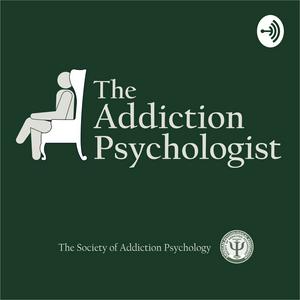What would you do alone in a cage with nothing but cocaine? These are the precise experimental arrangements in animal models that served as the foundation for popular models framing addiction as a compulsive brain disease. Yet, follow up studies have demonstrated that, under conditions with alternatives or social connection, rats (and humans) respond differently. In her new book, What would you do alone in a cage with nothing but cocaine, the addiction philosopher Dr. Hanna Pickard artfully integrates philosophy and science to question some of our most prominent models basic assumptions, and offers a new paradigm that responds to the question that is central to the puzzle of addiction: Why do people continue to use drugs despite evident and severe costs that count profoundly against their own good? In this episode, we talk with Dr. Pickard about her new book and its implication for science and practice. Dr. Pickard is a Bloomberg Distinguished Professor of Philosophy, jointly appointed in the Department of Philosophy and the Berman Institute of Bioethics and secondarily appointed in the Department of Psychological and Brain Sciences, in addition to a Krieger-Eisenhower Professor, at Johns Hopkins University. Learn more about her work here. You can purchase her new book, which is released on January 6, 2026, here.


